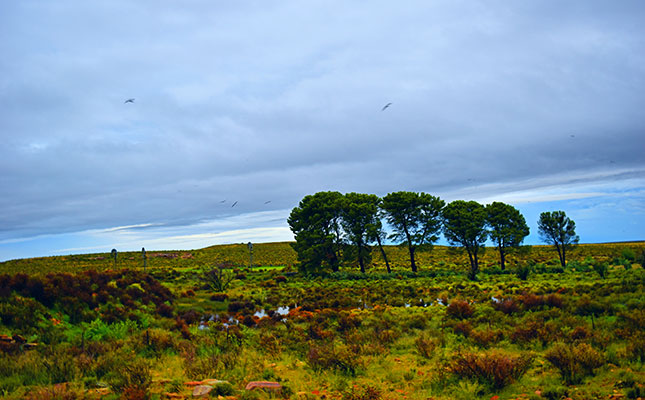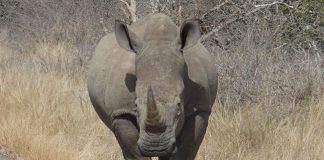
Photo: Charles Erasmus
The International Union for Conservation of Nature (IUCN) has now, for the first time, added 210 of the region’s succulent species to its Red List of Threatened Species.
The IUCN said in a recent statement that the Succulent Karoo Biome, shared between South Africa and Namibia, was one of five semi-arid biodiversity hotspots in the world, and was rich in botanical diversity.
The statement added that the majority of the plants under threat belonged to the genus Conophytum, a large and diverse group of dwarf succulents commonly known as “buttons”.
Besides climate change, the IUCN ascribed their unprecedented rate of decline to illegal removal to supply a growing ornamental trade in succulent plants.
“Since 2019 there has been a rapid rise in the global demand for collectable plants, [predominantly] driven by emerging markets across Asia.”
The IUCN stated that a total of 97% of plants in the Conophytum genus were listed in one of the three threatened categories, while 45% were listed in the highest category of critically endangered. The latter were plants on the brink of extinction.
Previously, these succulent species were not assessed on the IUCN list, but were included on the South African National Biodiversity Institute ‘s Red List of South African Plants.
Since 2019, 143 (91%) of the 157 previously listed plants in the Conophytum genus saw an increase in threat status, with the vast majority threatened by illegal removal.
“Over the past three years, [numbers of] plant material confiscated from plant traffickers by law enforcement agencies have increased by over 250% [per year].”
For the first time, climate change was also identified as a threat to all the succulents included on list, which was released in the week of 25 July.
“The Succulent Karoo Biome is reported to have experienced the worst drought on record over the past decade, with climate models predicting ongoing aridification and increases in maximum temperatures,” the statement said.
Prof Johann Kirsten, chairperson of the Karoo Development Foundation, told Farmer’s Weekly that plants in the Succulent Karoo Biome did not necessarily represent edible vegetation for sheep, for example.
“While this announcement does not have a direct impact on agriculture, it could help to prevent further long-term damage to the entire ecosystem. This [damage] will have a direct negative [knock-on effect for] agriculture and tourism.”











